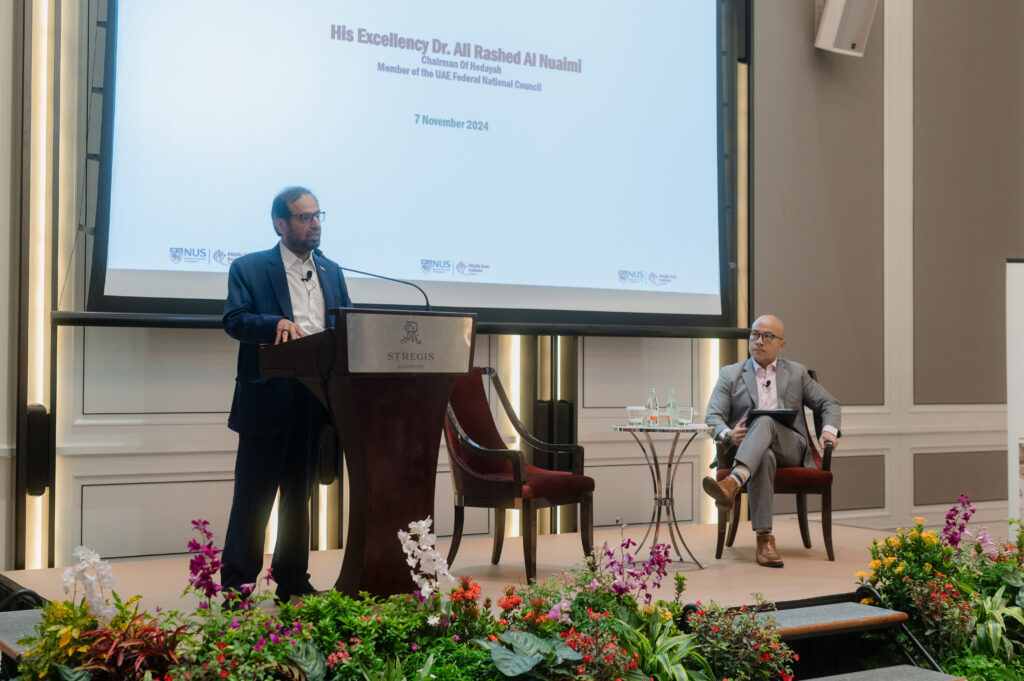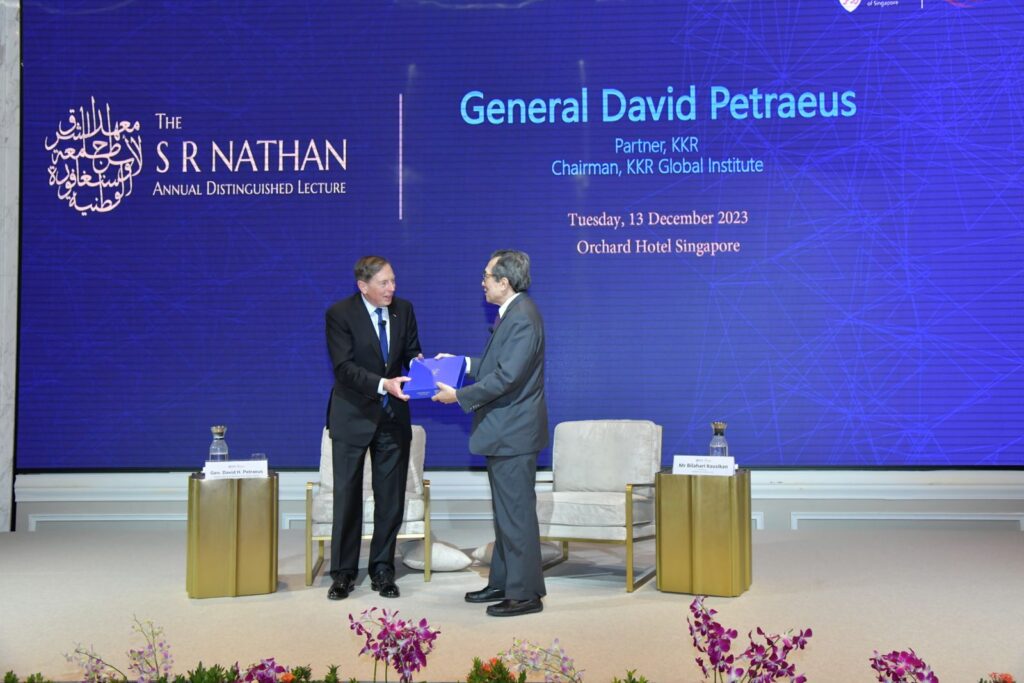In the wake of the Arab Spring and amidst ongoing economic and social transformations, Gulf governments have recognized the imperative of addressing core issues such as corruption, unemployment, and income inequality. Central to their reform agendas is the overhaul of education systems, seen as pivotal in tackling these challenges and preparing for a sustainable, low-carbon future.
Despite significant investment in education and innovation, the region grapples with persistent disparities in educational quality and a disconnect between educational output and the demands of the labor market. Cultural and social barriers further complicate efforts to effect meaningful change, highlighting the need for comprehensive strategies that address systemic challenges.
This conference examined the pivotal role of education in driving social reforms across the Gulf region. By delving into the root causes of the education-labor market mismatch and exploring lessons learned from both Gulf countries and Singapore, renowned for their innovative approaches to human resource development, we sought to foster dialogue, share insights, and identify actionable strategies for harnessing the potential of the region’s burgeoning youth population and shaping a more inclusive, resilient future.




